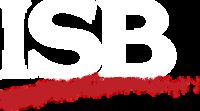

THE GRADE 5 EXPERIENCE
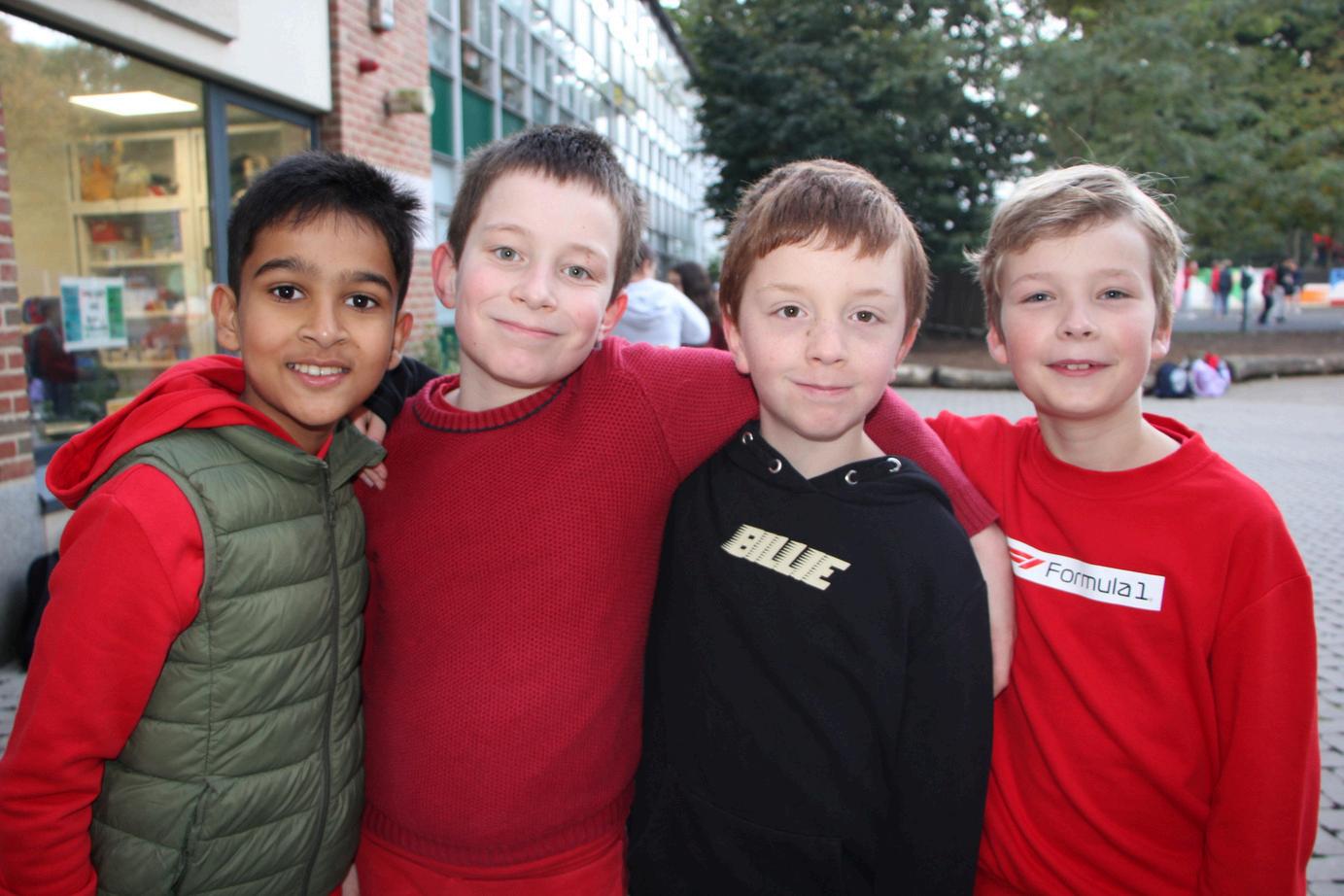
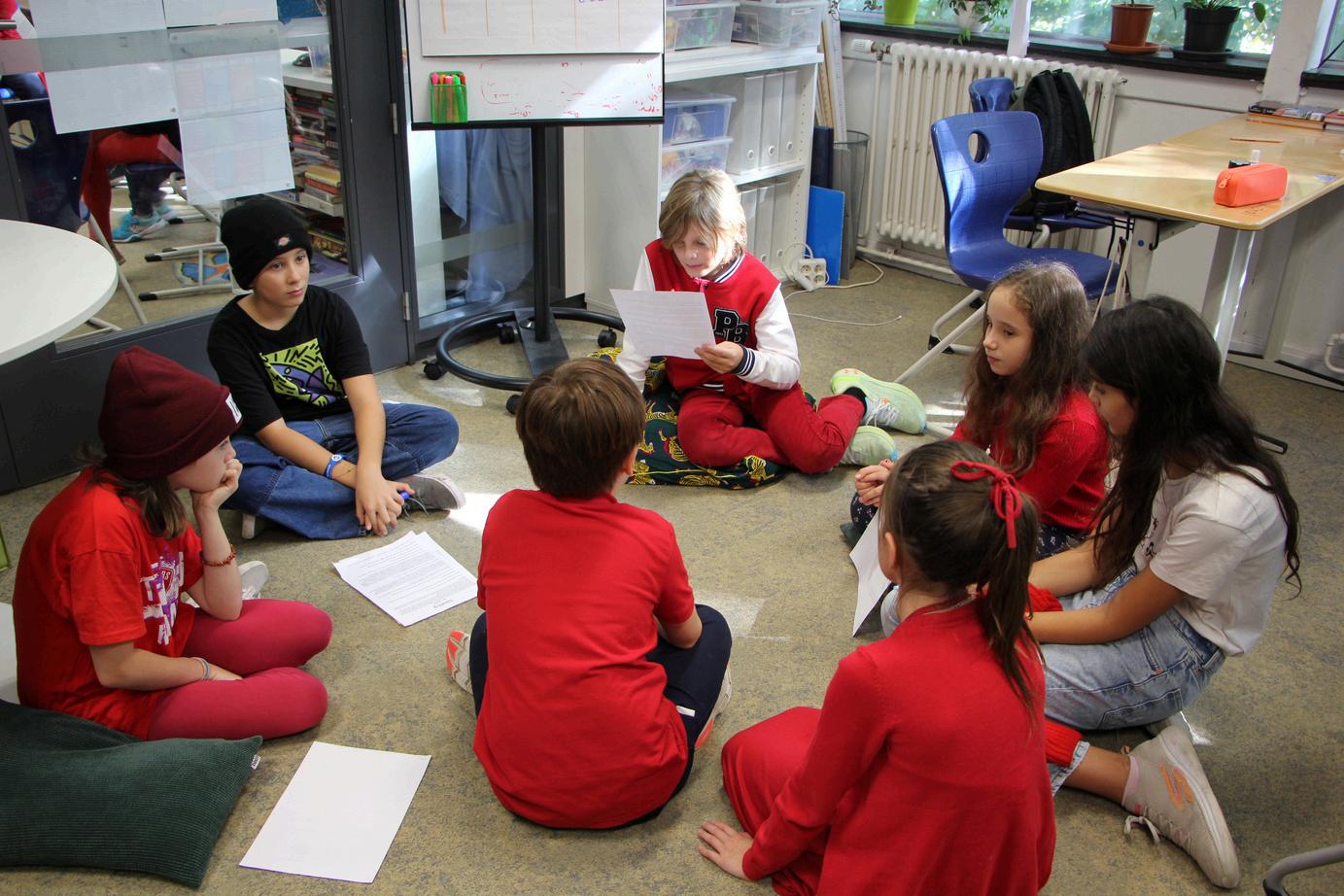
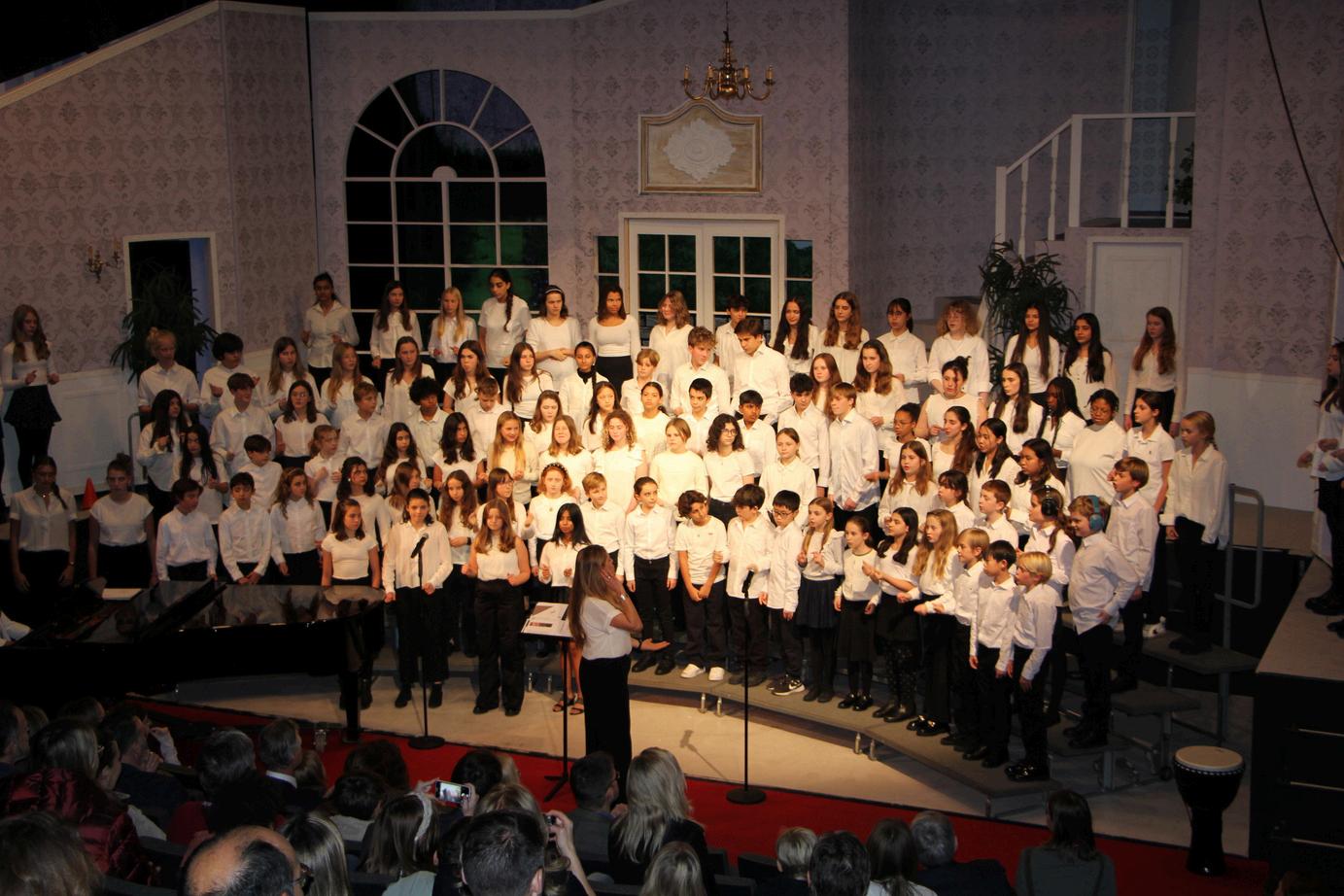
K
e y D e v e l o p m e n t a l M i l e s t o n e s
E n g a g i n g p r o d u c t i v e l y i n c o l l a b o r a t i v e l e a r n i n g , G r a d e 5 c h i l d r e n o f t e n l o v e l e a r n i n g
f a c t u a l i n f o r m a t i o n a n d s h a r i n g t h e i r k n o w l e d g e w i t h c l a s s m a t e s . W i t h e a g e r n e s s t o
l e a r n a n d w i t h l o n g e r p e r i o d s o f c o n c e n t r a t i o n r e s u l t i n p r i d e i n t h e i r w o r k . B e g i n n i n g t o
o r d e r t h e i r w o r l d i s k e y f o r f i f t h g r a d e r s a s i s w o r k i n g h a r d t o p r o d u c e t a n g i b l e p r o d u c t s
t h a t s h o w t h e i r c o m p e t e n c e . F i f t h g r a d e i s o f t e n a t i m e o f c o n s o l i d a t i o n o f t h e l e a r n i n g
o f e a r l i e r y e a r s a n d r e l a x i n g i n t o c h i l d h o o d a s t h e y g a t h e r s t r e n g t h f o r t h e c h a l l e n g e s o
Personalising Learning
In the Lower School, we embrace the unique potential within each learner craft individualised educational experiences that grow learner strengths empower learners to explore their passion and interests integrate technology into all subject areas cultivate critical thinking and collaborate using diverse perspectives develop learners who confidently navigate the current challenges of our world

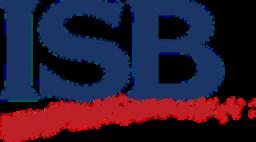
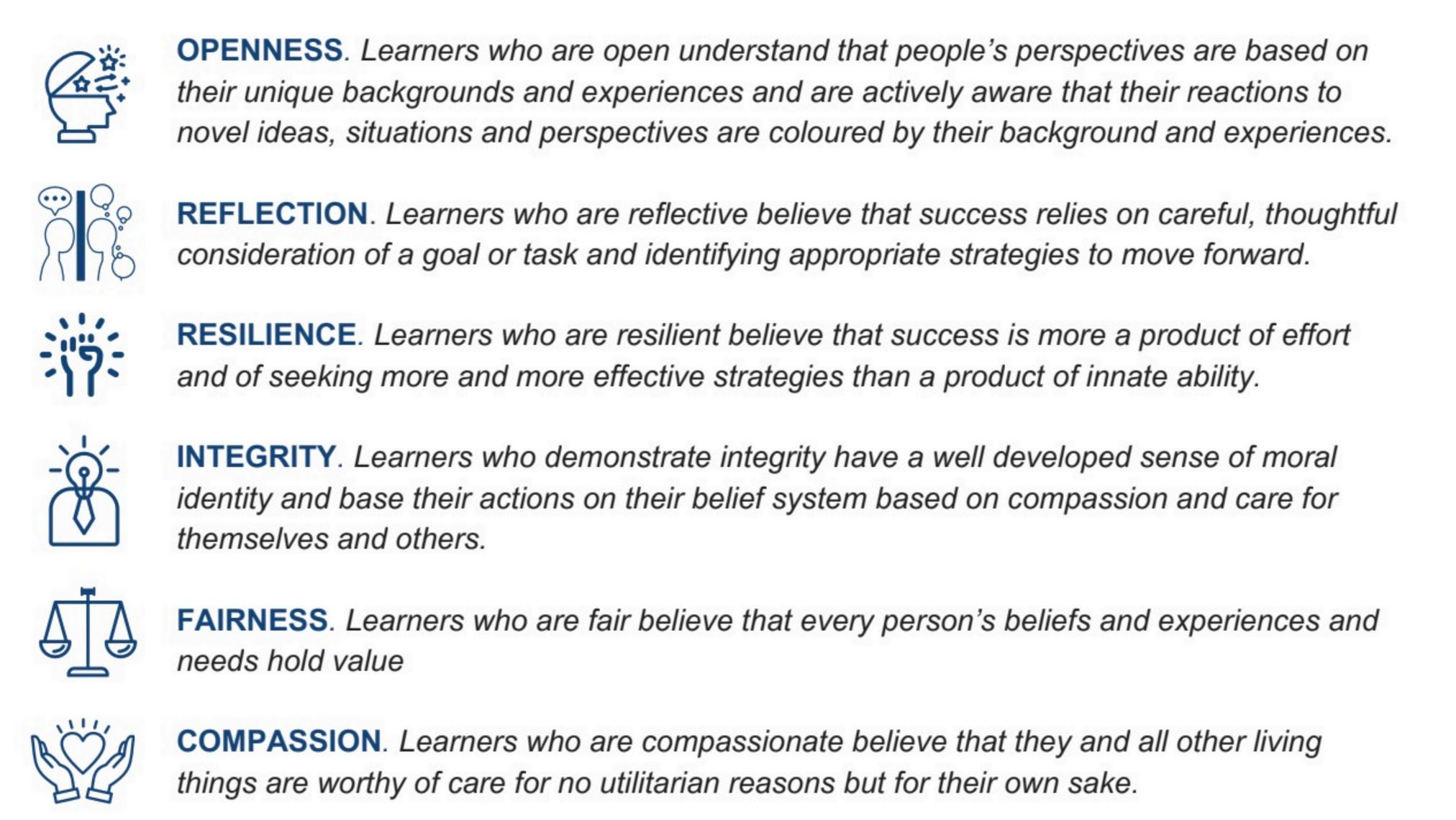

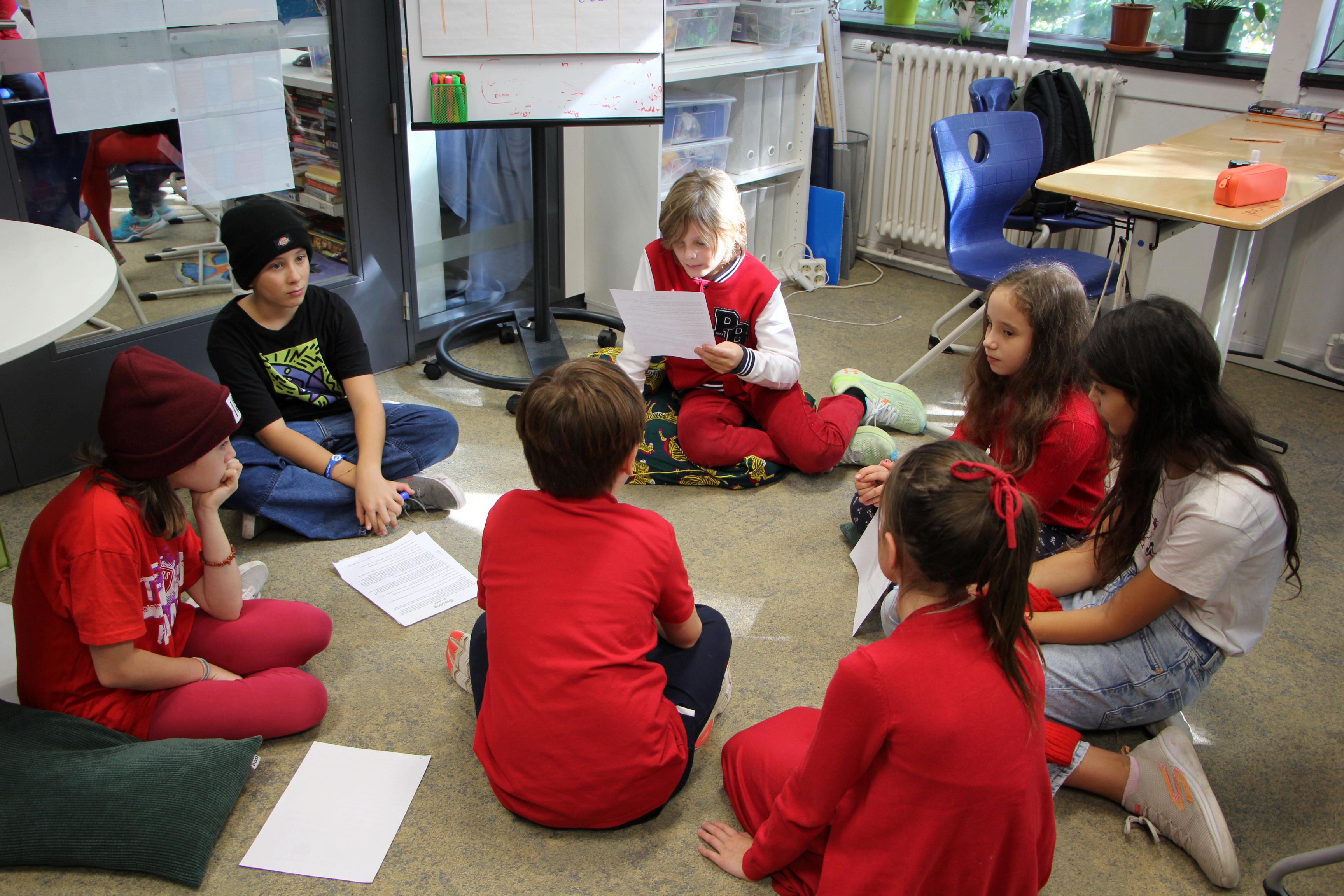
e
W r i t i n g
multiple accounts of the same event or topic, noting important similarities and differences in the point of view
Strand Areas of Focus & Development
Text Types & Purposes
Write opinion pieces on topics or texts, supporting a point of view with reasons and information; Write informative texts to examine a topic and convey ideas and information clearly; Write narratives to develop real or imagined experiences or events using effective technique, relevant descriptive details, and clear event sequences
Use accurately grade-appropriate general academic and domain-specific words and phrases, including those that signal contrast, addition, and other logical relationships; Consult reference materials (e g , dictionaries, glossaries, thesauruses); Use the relationship between particular words (e g , synonyms, antonyms, homographs) to better understand each of the words
Conventions of Standard English
Production of Writing Vocabulary Use
Demonstrate command of the conventions of standard English grammar, capitalization, punctuation, and spelling, including noun groups, complex sentences, and less common plurals
With guidance and support from peers and adults, develop and strengthen writing, using agreed-upon criteria, by planning, revising, editing, rewriting



CORE LITERACIES
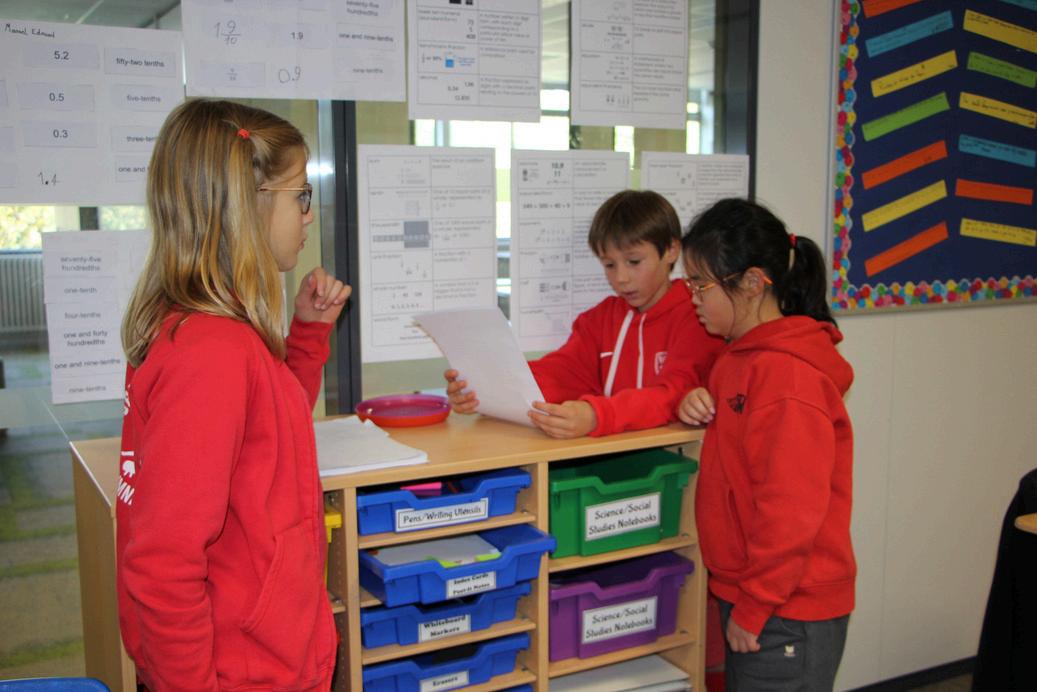
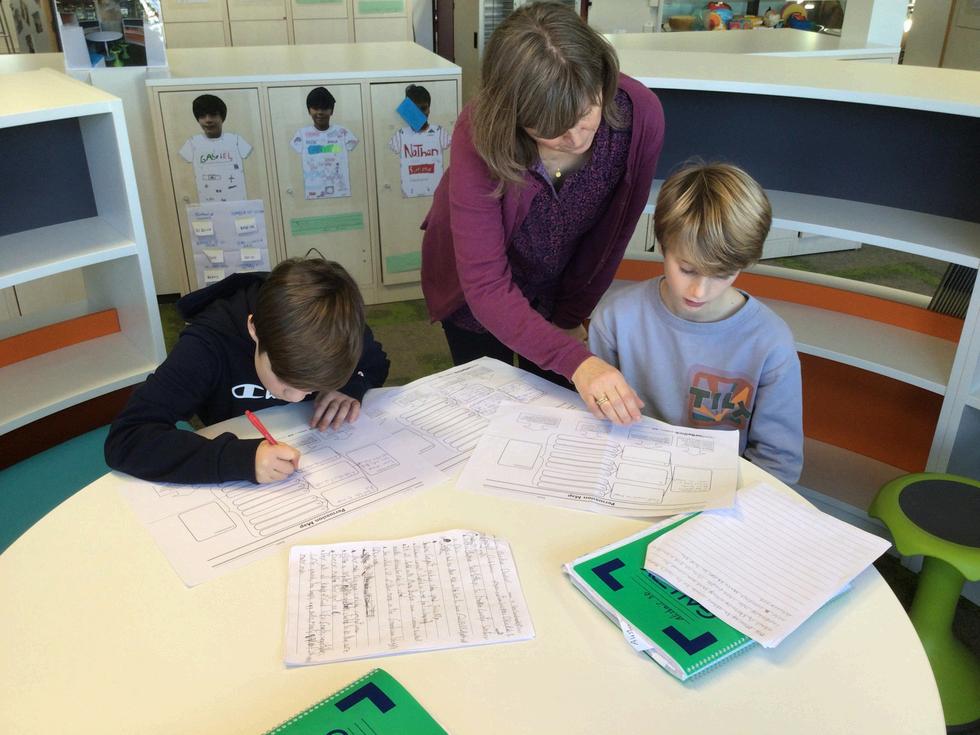
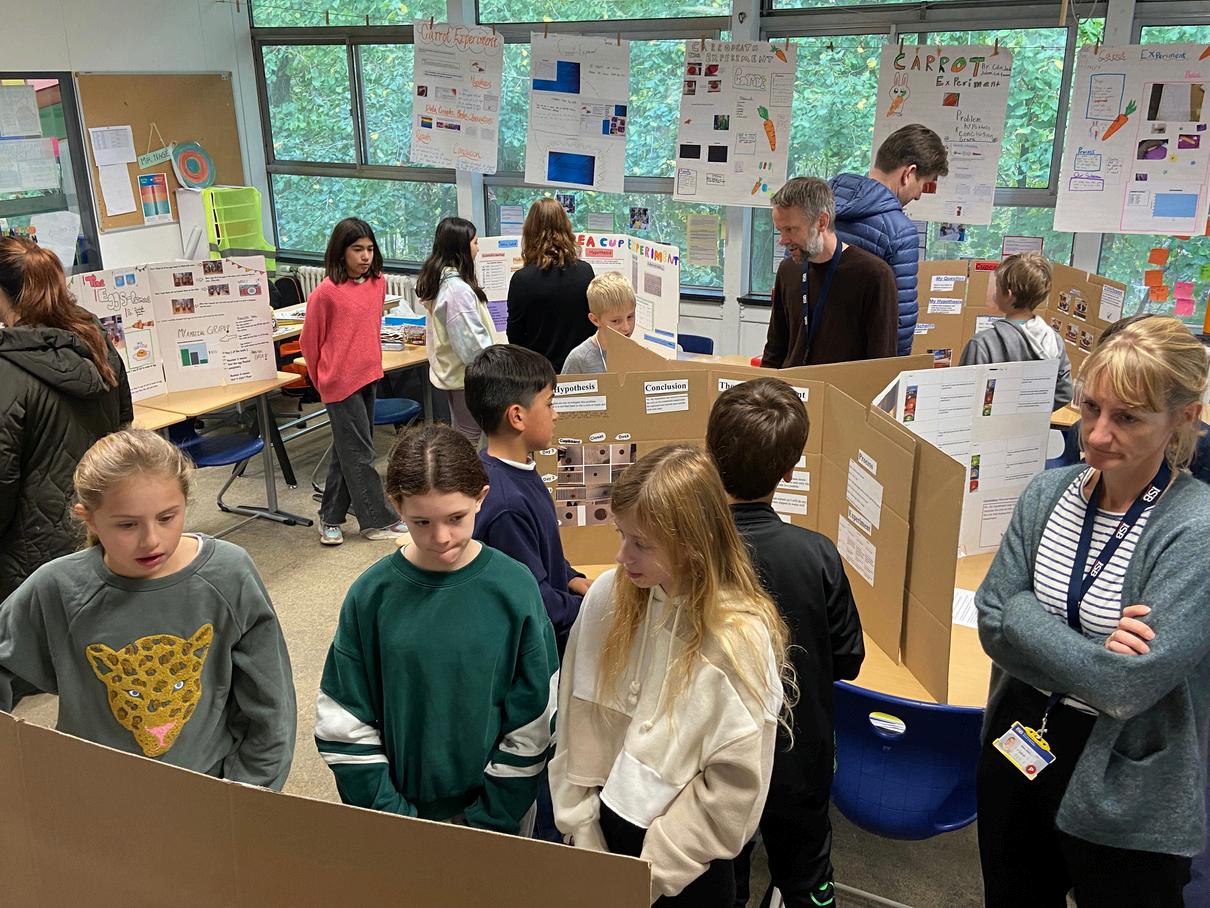
T h e I S B M a t h e m a t i c s p r o g r a m i s d e s i g n e d t o d e v e l o p a d e e p
u n d e r s t a n
s
i
i
i
Strand Areas of Focus & Development
Operations & Algebriac Thinking
Numbers & Operations in Base 10
Numbers & Operations - Fractions
Geometry
Measurement & Data
Mathematical Processes
Writes and interprets numerical expressions
Analyzes patterns and relationships
Understands place value
Performs operations with mu ti-digit whole numbers and with decimals to the hundredths
Uses equiva ent fractions to add and subtract fractions
Multiply and divide fractions
Graphs points on a coord nate plane
Classifies two dimensional figures based on their properties
Converts like measurements in a given system
Represents and nterprets data
Understands concepts of volume
. S T E M : M a t h e m a t i c s
Make sense of problems and persevere in solving them
Construct viable arguments and critique the reasoning of others
Model with mathematics
Attend to precision


CORE LITERACIES
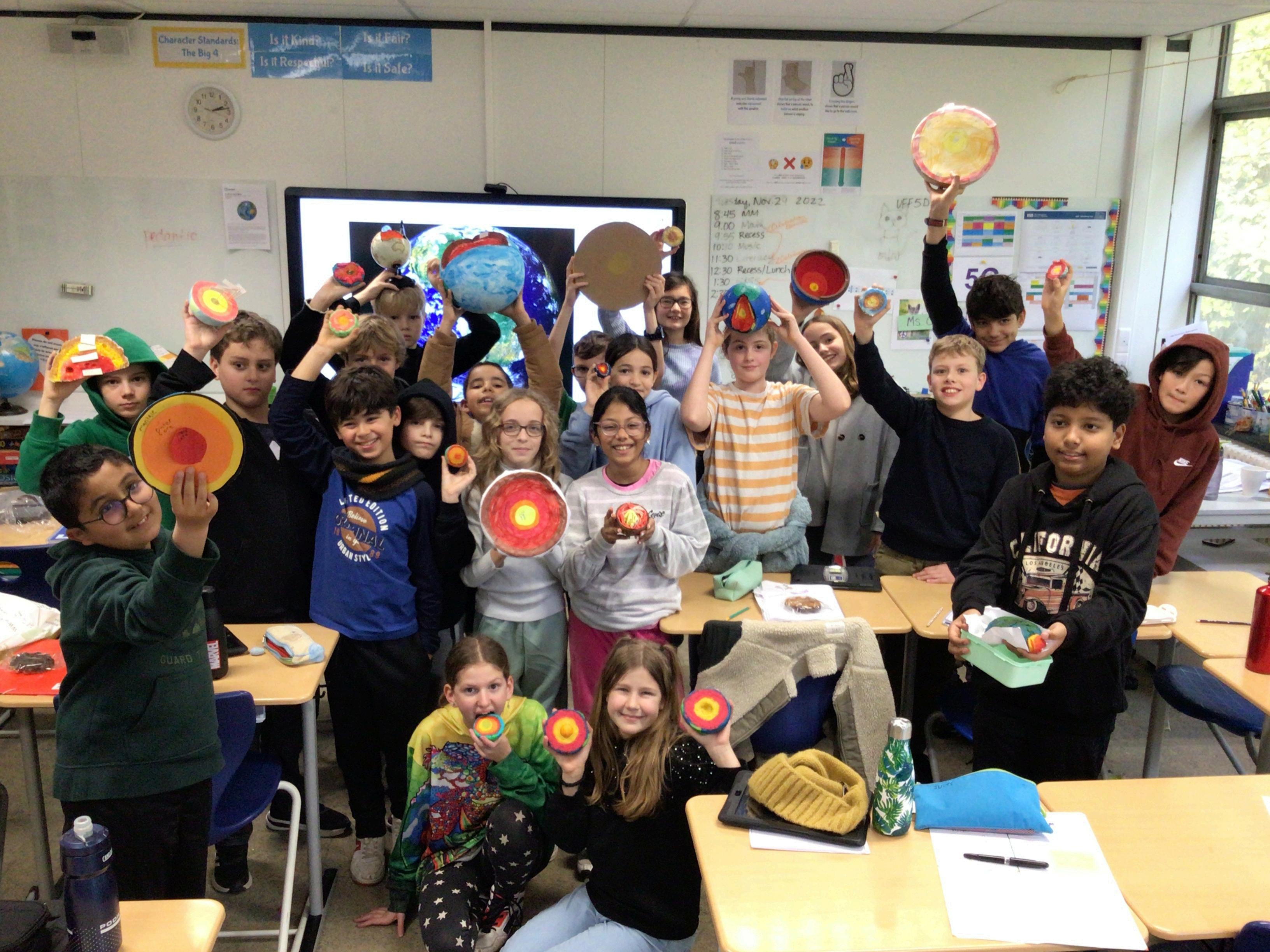
S T E M : D e s i g n & T e c h n o l o g y
Opportunities to build understanding of programming structures are integrated across the year The main topics of Grade 5 are:
Repetition (Loops)
Programming with sensors
Pattern recognition
We emphasize using technology responsibly and effectively for communication , collaboration and creation Becoming proficient and postive members in a digital world is a primary goal Coding
Through projects during year, students are introduced to the different design tools at ISB and the design process
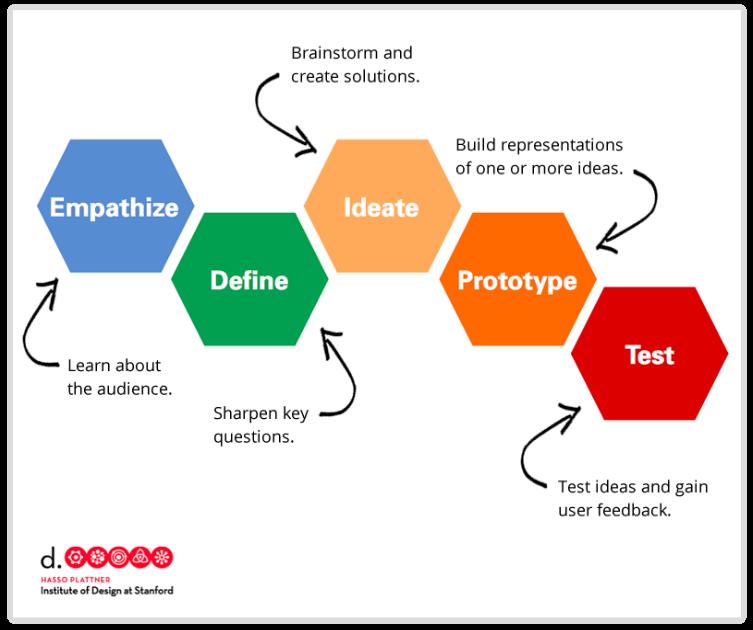



CORE LITERACIES
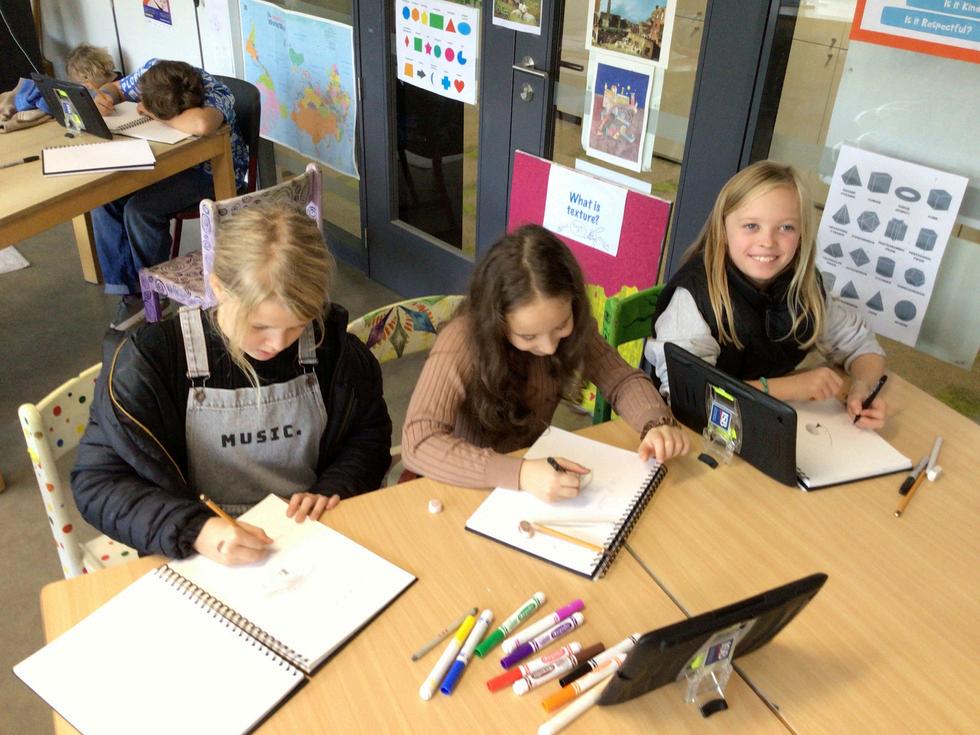
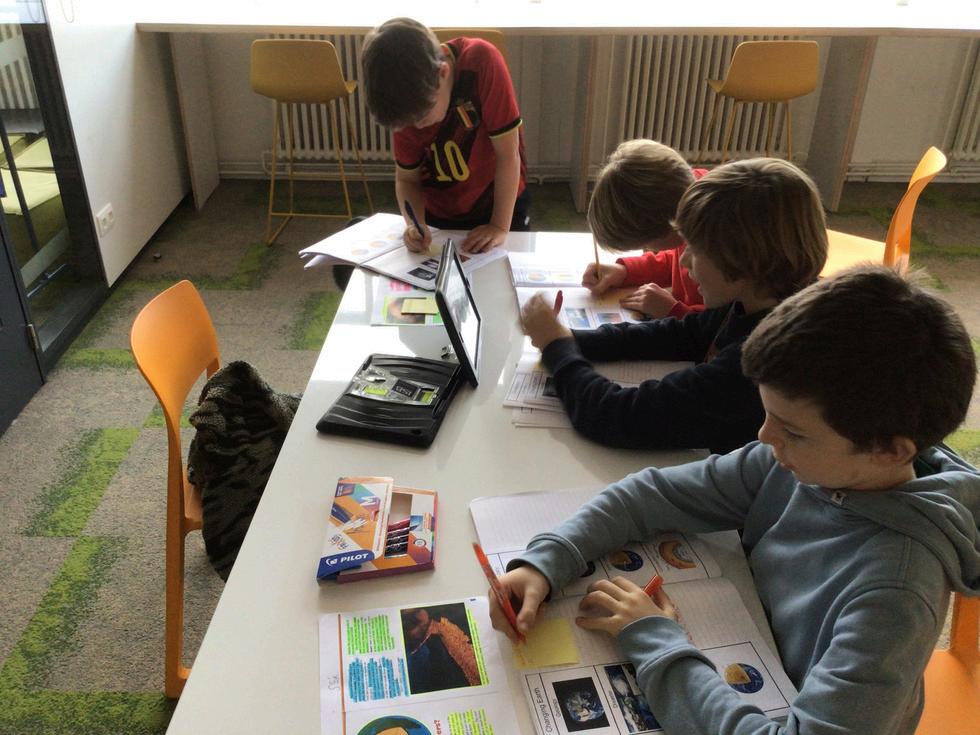
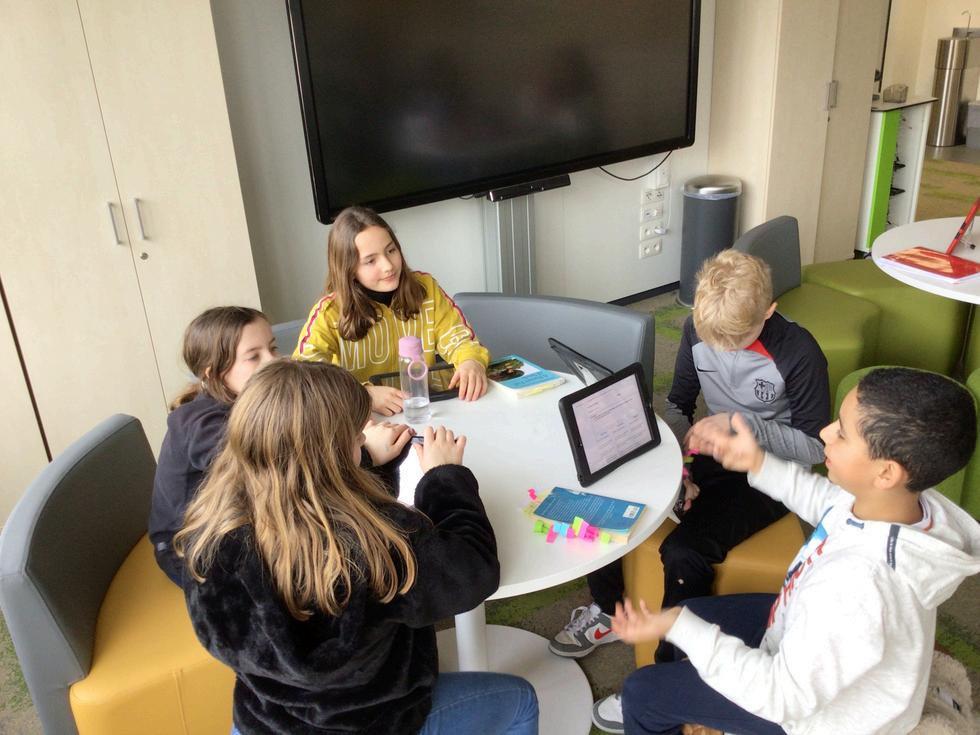
S c i e n c e & S o c i a l S t u d i e s
s
Thinking Like a ScientistScience as a Human Endeavour
Students build understanding of how Science helps us solve problems. By exploring common scientific phenomena using the experimental science process students develop understanding of how explanations are built on evidence This unit culminates in the annual Grade 5 Science Fair
Society & Values - History
Students explore eight cultural universals through examination of their own culture and the case study of Ancient Rome Concepts of conflict, societal stratification, impacts of key individuals on the direction of a society are developed Students engage in a culminating activity of creating a new culture to address some of the problems they uncovered in their inquiry
Migration - Geography / History
Through a range of historical and contemporary case studies, students explore reasons for migration and how prejudice can lead to differing rights afforded migrants from those already citizens in a country
Government SystemsCivics
Brussels as home to the European Parliament, students explore how representation works in democratic government and develop an understanding that democracy is maintained when citizens participate by staying informed, advocating and voting
In Grade 5, students who have a proficiency in French can join the Social Studies in French option.



CORE LITERACIES
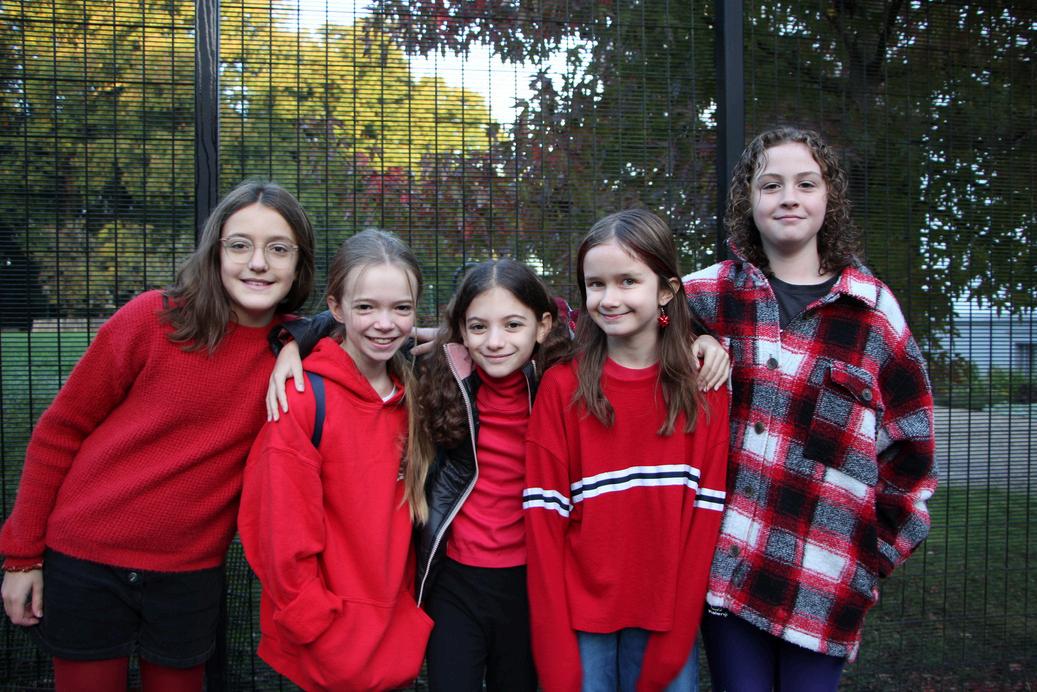
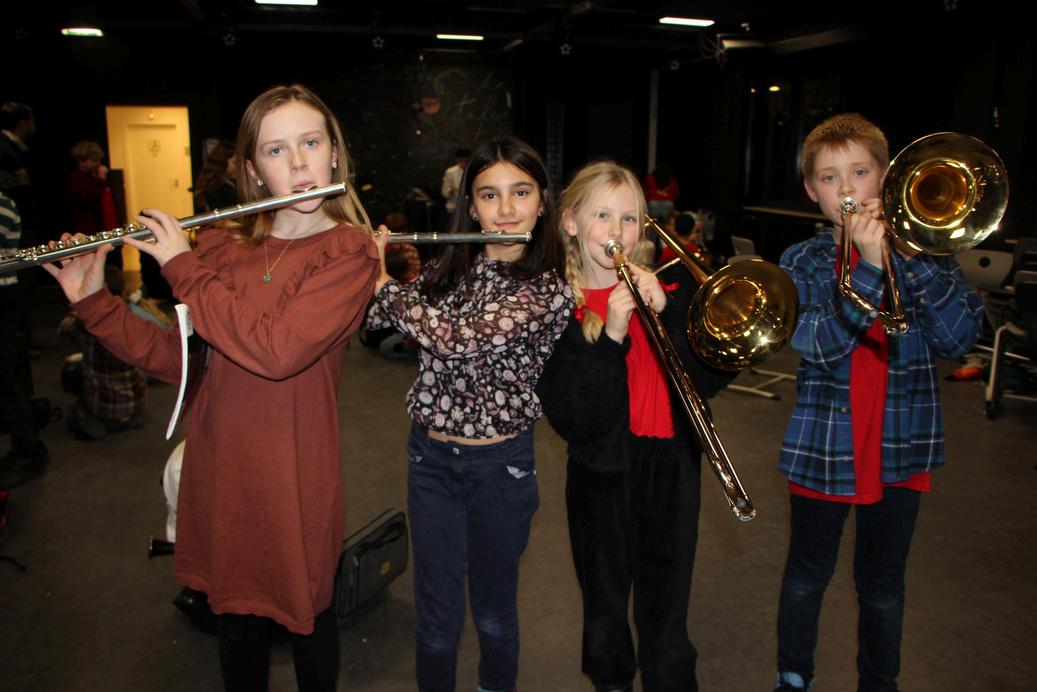
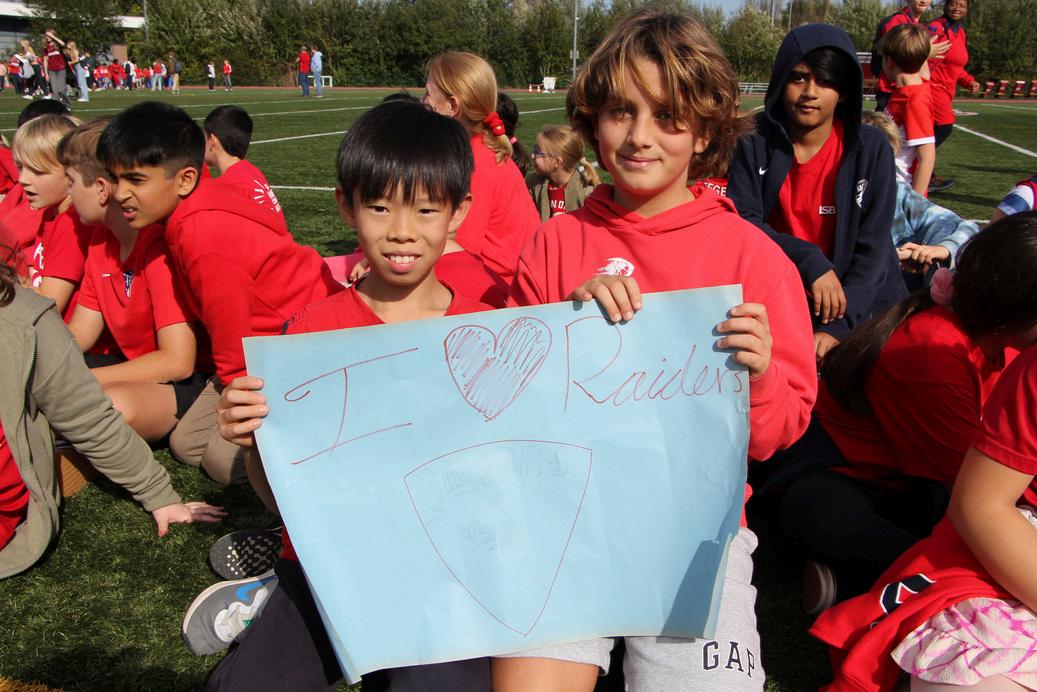
T r a n s f e r a b l e S k i l l s
Strand Key Questions
Collaboration Thinking Self-Management Research
How do I share my ideas and build on the ideas of others?
How can I find the best evidence for my questions?
How does information from different sources connect to each other?
How do I set effective goals and where am I now in achieving them?
Electives Program
Areas of Focus & Development
Participate in an Academic Discussion Listen to understand, rather than reply
Record Evidence
Select the evidence that is most useful to record
Reason Across Multiple Examples Identify Similarities & Differences
Set Effective Goals
Seek and use feedback as part of the process of monitoring goals
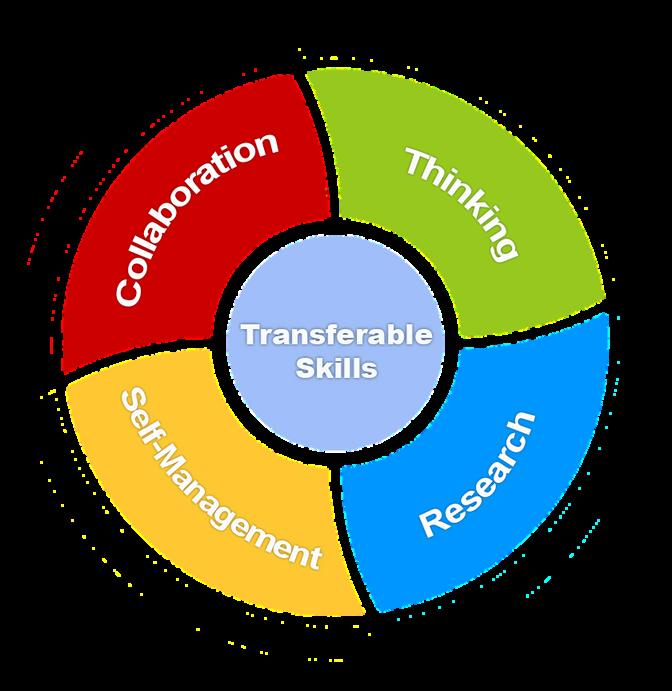
In Grade 5, students begin the Elementary School Elective Program This gives students opportunities to further delve into areas of interest or passion while developing the ISB Character Standards and Transferable Skills
Examples of electives include Model United Nations, Robotics & Coding, Film Study & Creation, Textile Design, Sports Health & Nutrition, Book Study & Creation, Comic Book Art Although some electives run a full year, most electives are by semester giving students the opportunity to explore different areas



LANGUAGES PROGRAM
L a n g u a g e s P a t h w a y s
Students, who have demonstrated proficiency in English, access either the Dutch or French language. Additional languages are offered as part of the ISB+ program, based on demand.
ISB follows the Common European Framework for Languages.
French Discovery A1
Foundations A1.2
Consolidating A2.1
Building A2.2
Independent B1 / B2 / C1
Grade 5 & 6
Social Studies in French option
English Proficiency
Dutch Indpendent B2 / C1
ISB+ Plus Languages
Open to all regardless of English Proficiency


SPECIALIST PROGRAM
P h y s i c a l E d u c a t i o n & H e a l t h V i s u a l & P e r f o r m i n g A r t s
The Physical Education and Heath program focuses on the following areas:
Motor Skills & Movement Patterns
Concepts, Principles, Strategies & Tactics
Understanding Healthy Lifestyles
The Arts program focuses on the following areas:
Creating & Performing and
Responding & Connecting to visual and musical artworks.
&
Engages in physical activity with responsible interpersonal behavior
Actively involves others with both higher and lower skill abilities into physical activities and group project
Combines locomotor and manipulative skills in a variety of practice tasks in game environments
Catches / receives with accuracy, both partners moving Applies movement concepts to strategy in game situations
Applies basic offensive and defensive strategies/ tactics
Fifth grade students learn about space & depth, digital art, and Expressionism to create landscapes, stop-motion animations, and portraits The focus is on process (fundamentals of perspective, basic approaches to animation) and on personal exploration (the use of color, expression, and various media to communicate emotions & experiences) Students respond to art via analysis, art vocabulary, and cultural context
Units in Fifth Grade are: Space & Depth: Landscape Collage & Perspective Drawing
Digital Art: Stop-Motion Animation
Expressionism: Expressionist SelfPortraiture
Combines jumping and landing patterns with locomotor and manipulative skills
Combines locomotor skills and movement concepts (levels, shapes, extensions, pathways, force, time, flow)
Performs curling, twisting and stretching actions with correct application
Strikes an object consecutively, with a partner, using a short-handled implement, over a net or against a wall, in either a competitive or cooperative game environment
Applies basic offensive and defensive strategies/ tactics
In Fifth Grade, students choose between Band, Strings or Voiceworks
Each program focuses on musical elements such as rhythm, beat, pulse, pitch, and temp along with the fundamental skills of reading music, interpretation and habits of musicianship in the respective ensembles Drama blocks are incorporated on a rotating basis throughout the year



FIELD TRIPS & HOME LEARNING
Field Trips
In the Elementary School, we look to connect our curriculum to our local community so as to give students opportunities to acquire and apply learning in different contexts. In addition to one-day trips to locations in Brussels throughout the year, in spring Grade 5 students also go on an extended multi-day field trip.
This experience builds both student independence and self-belief, but also is a highlight of the student’s experience at ISB.
Home Learning
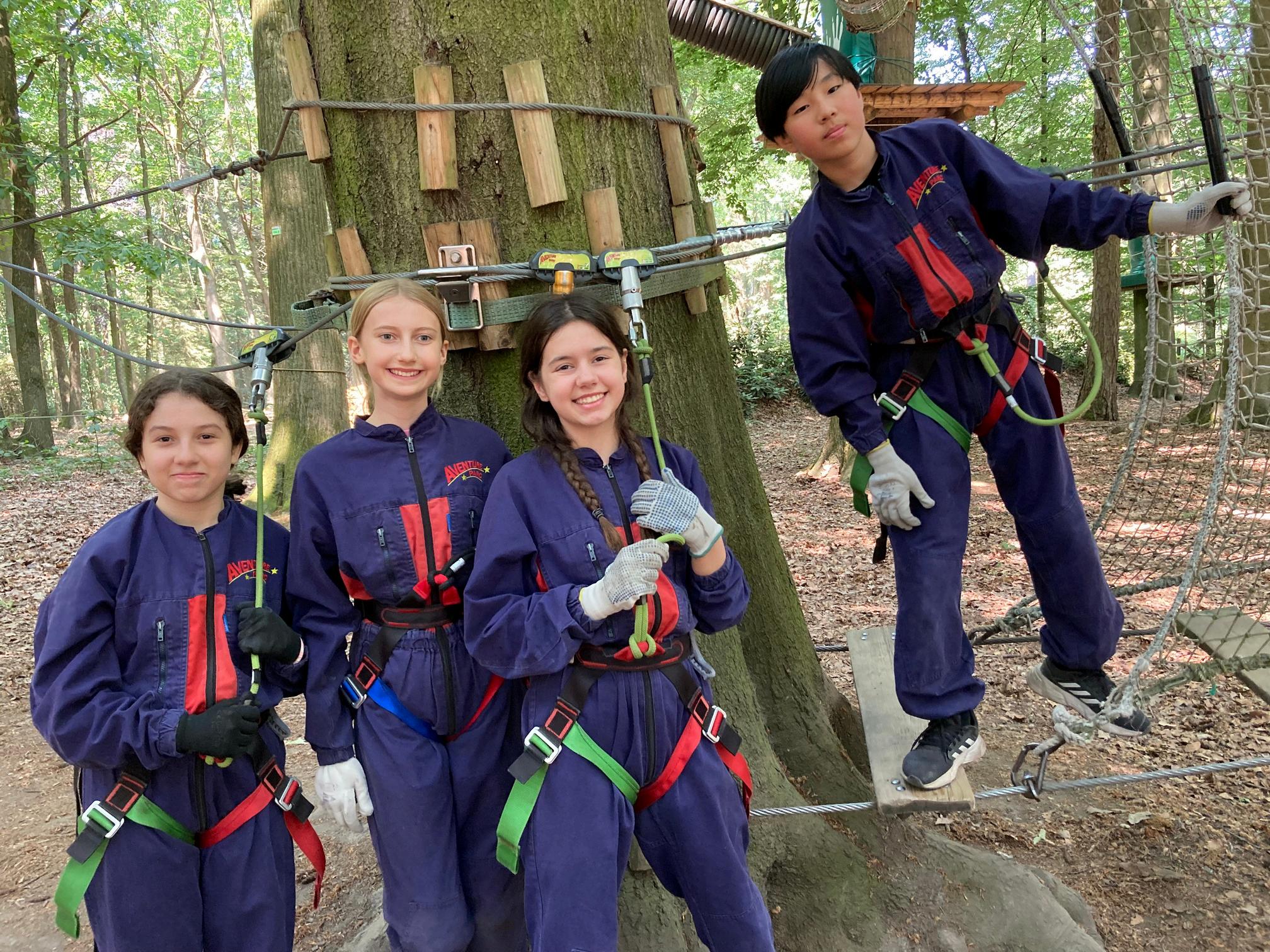
Independent Reading
All ES students should spend at least 20 minutes per evening with a good book.
Mathematics
ES students will have a Problem of the Week that they can work on independently
We value perseverance as much as solving the problem. We expect all students to make a concentrated effort for at least 20 minutes and be able to show their attempts.
There may also be brief assignments connected to other subject areas such as Science & Social Studies, French/Dutch, Music.

Grade 5 - 50 minutes
